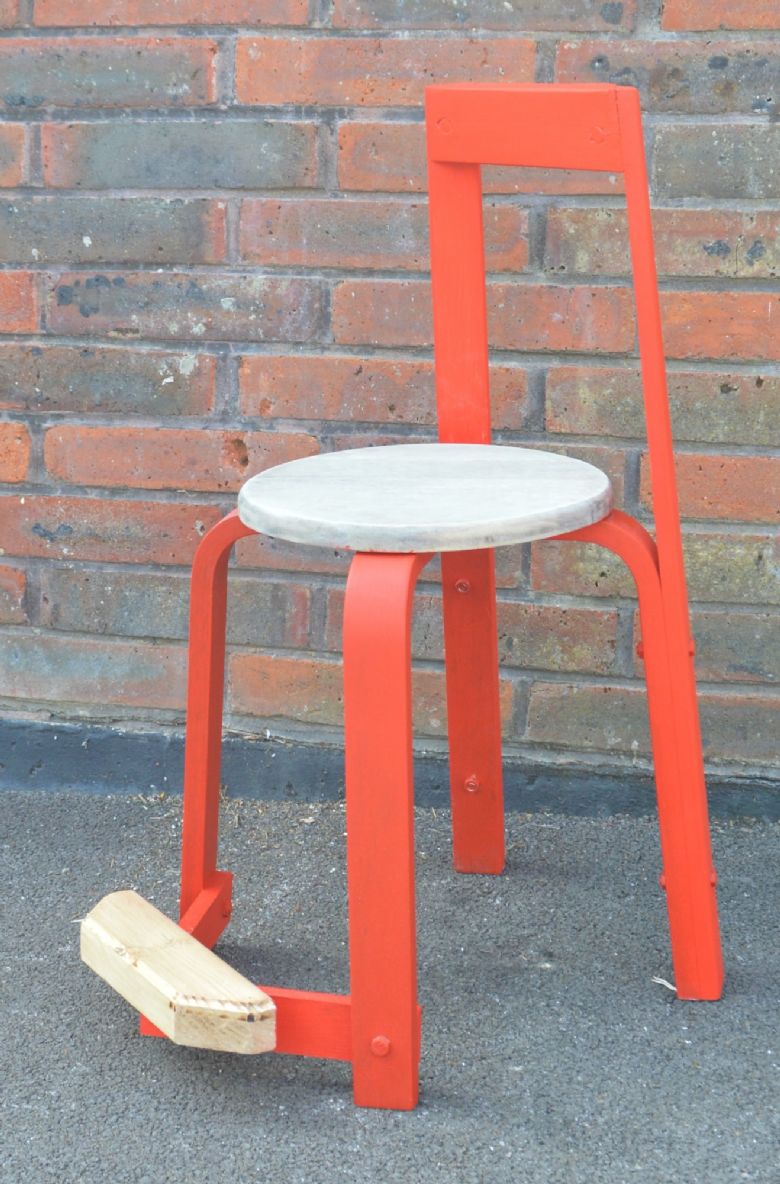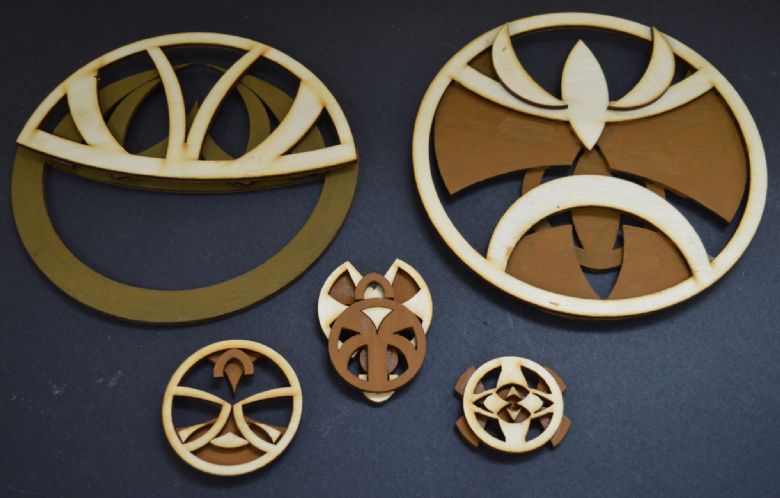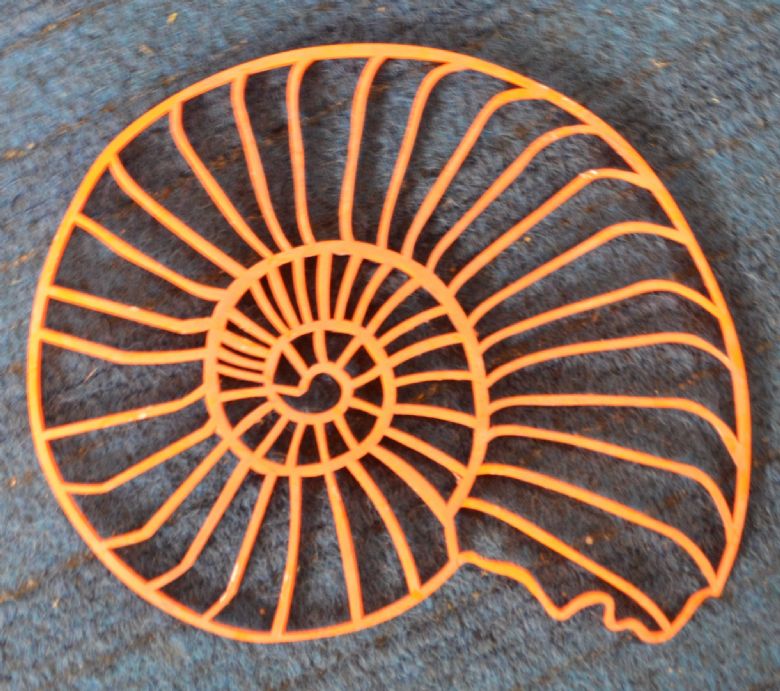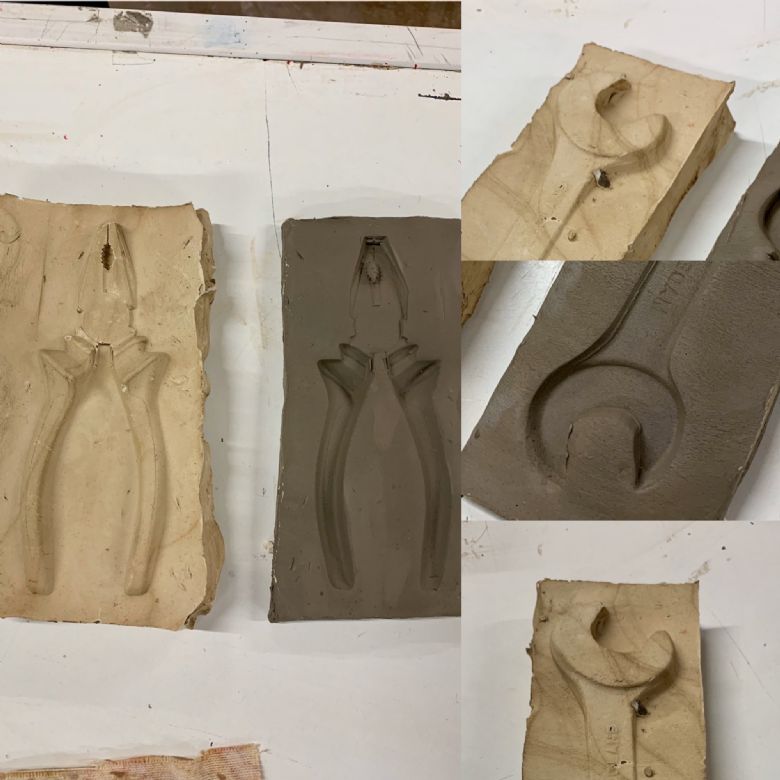3D Design
Welcome to 3D Design
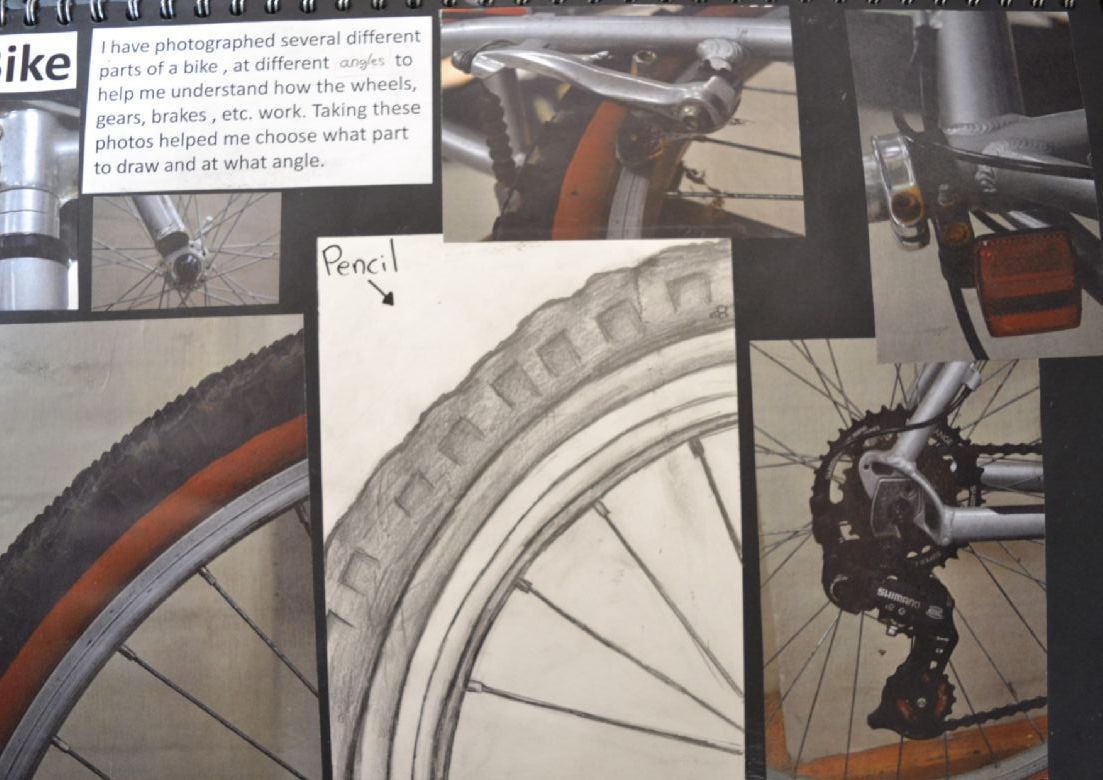
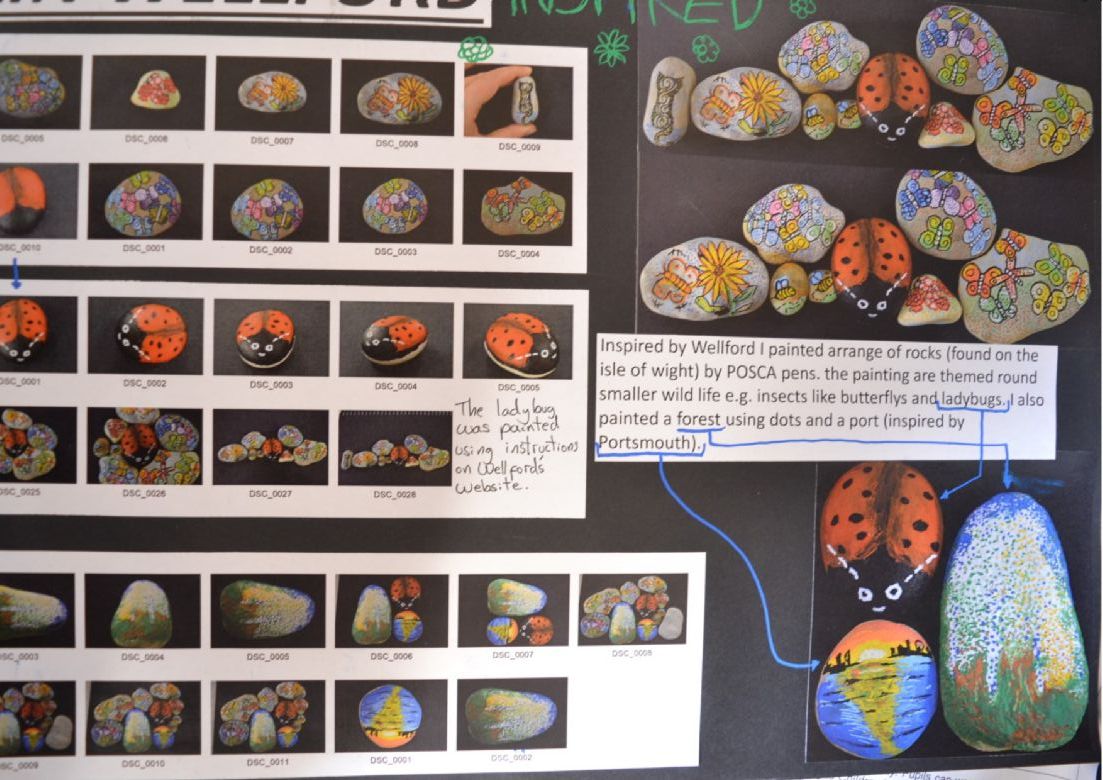
Lead Teacher
Miss Cumbo
Teacher of 3D Design
Mr Watson
Miss Smith
KS3 3D Design
Year 7 – Passive Speaker Project
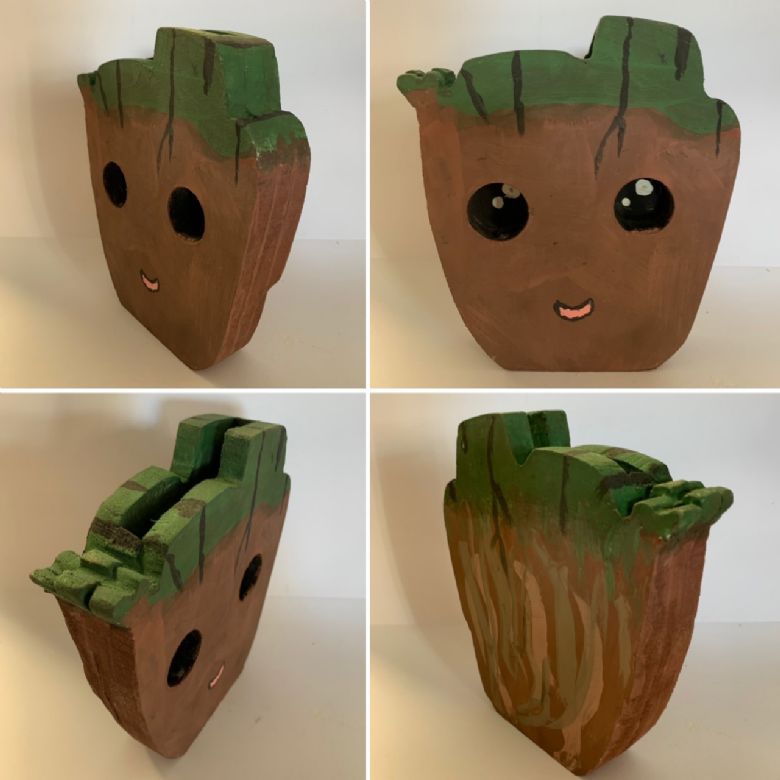
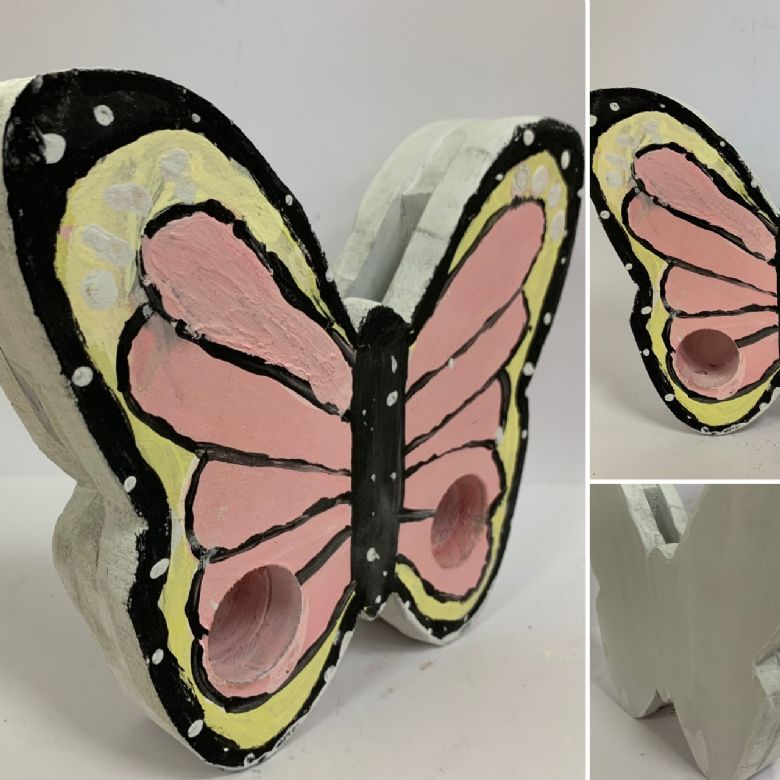
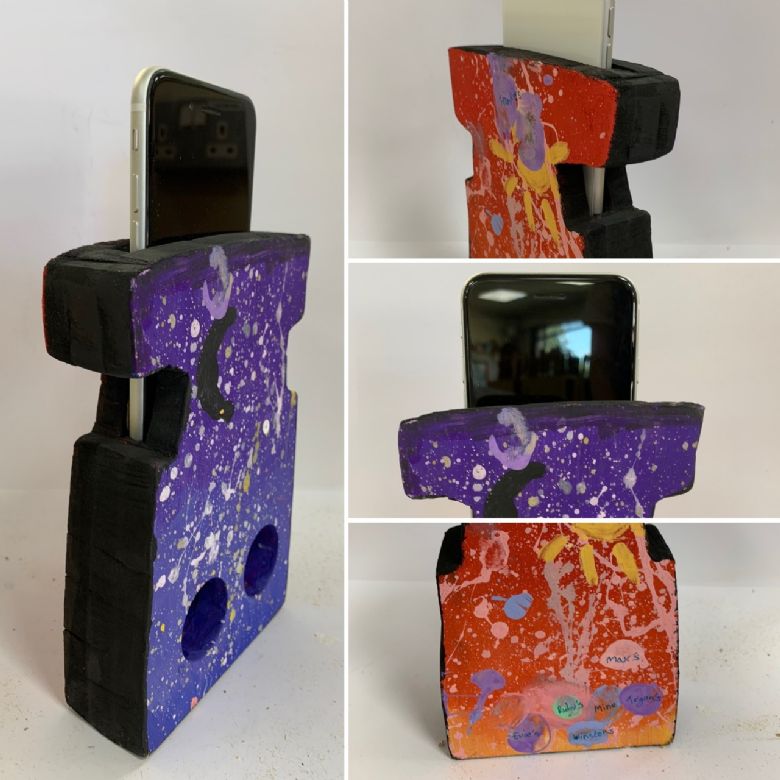
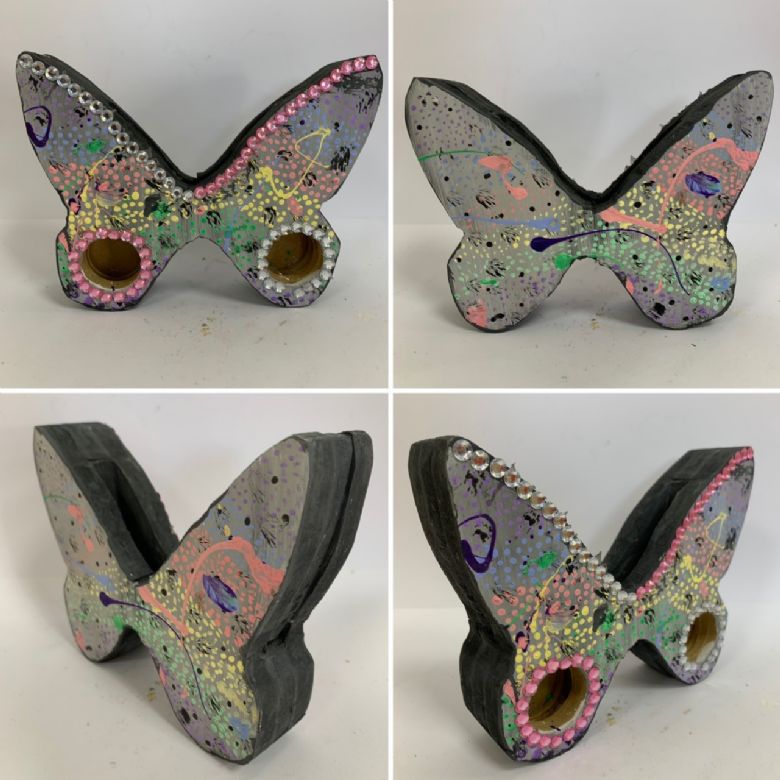
Year 8 – LED Lamp Project
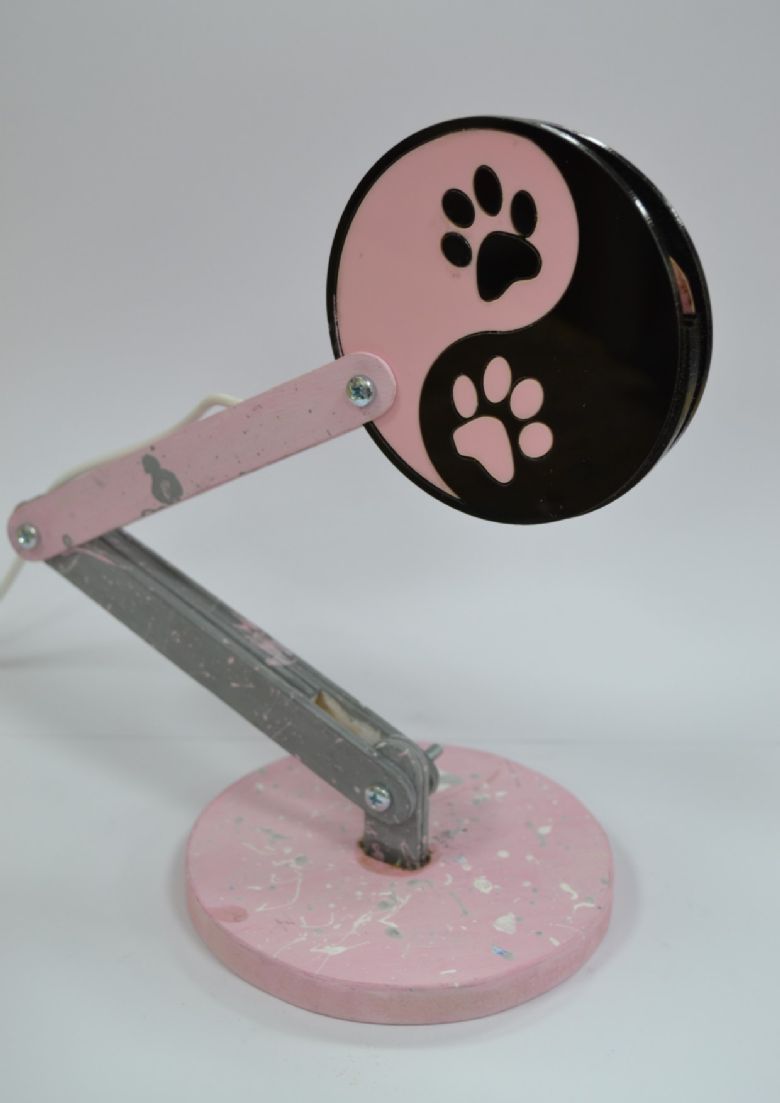
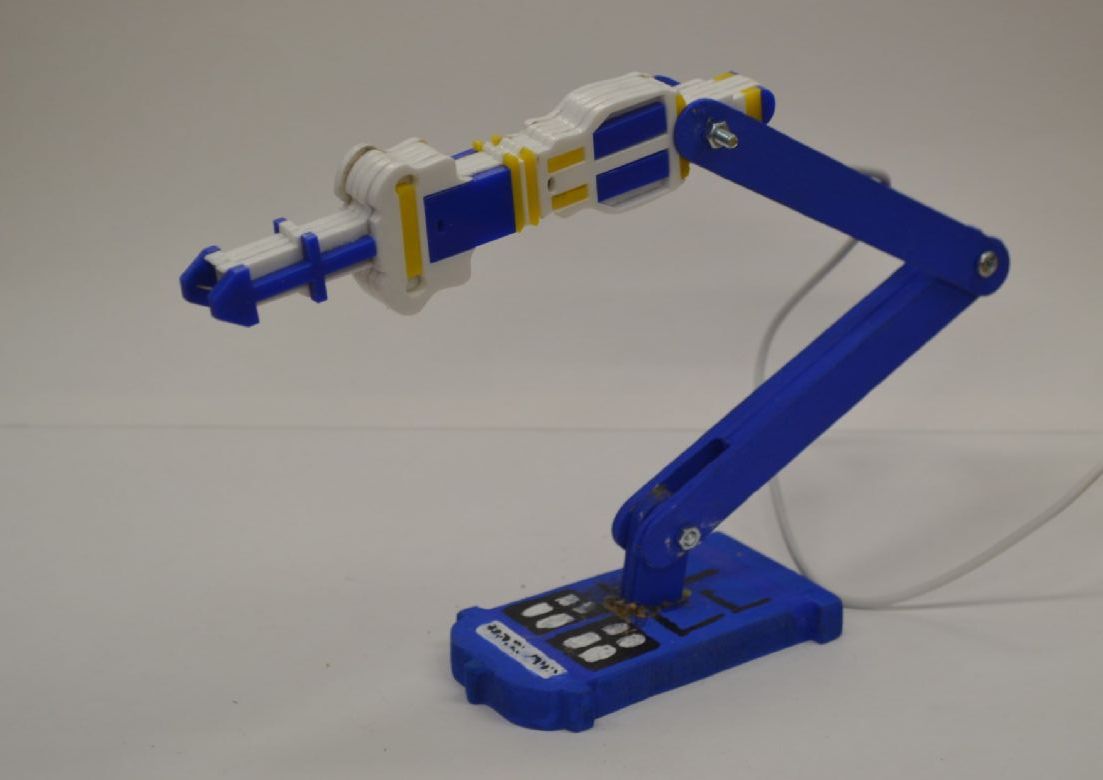
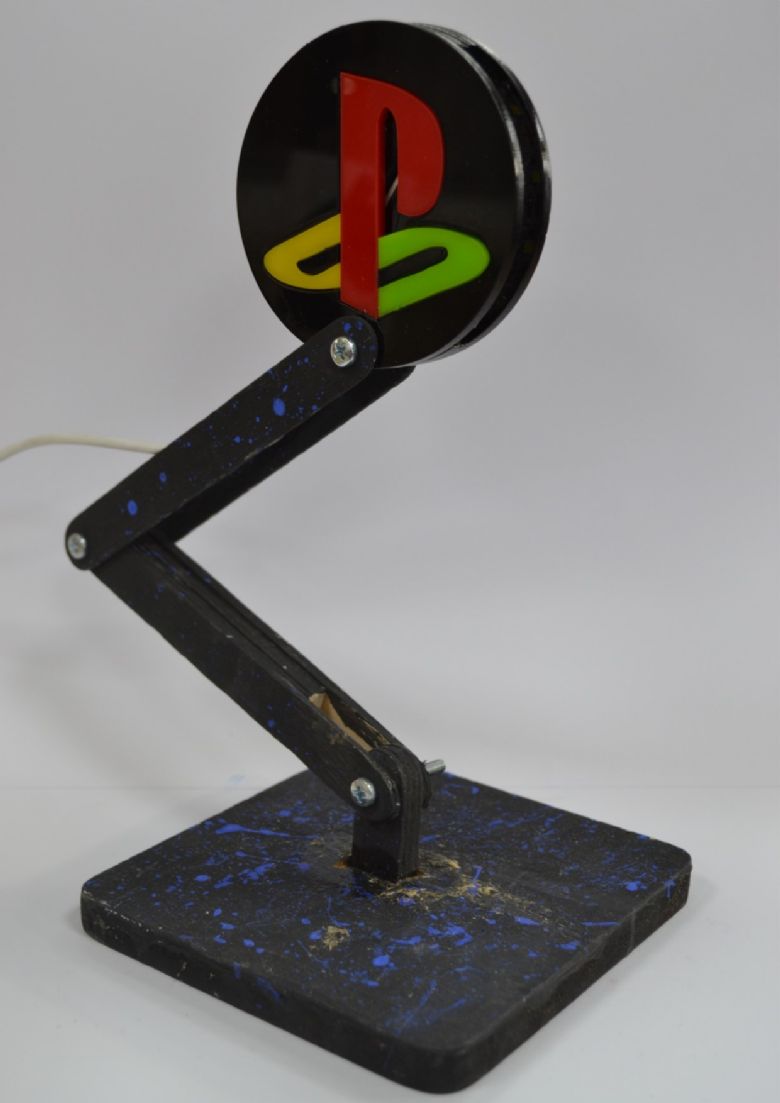
KS4 3D Design
3D Design is a versatile and varied practice that involves the creation, selection, manipulation and application of a range of techniques and processes such as card maquettes, 2D Design, laser cutter, plaster, clay and construction techniques to create original and personal designs and products.
Pupils will have the opportunity, to visit local colleges and to work with local artists to develop their confidence and professional ideas and working style.
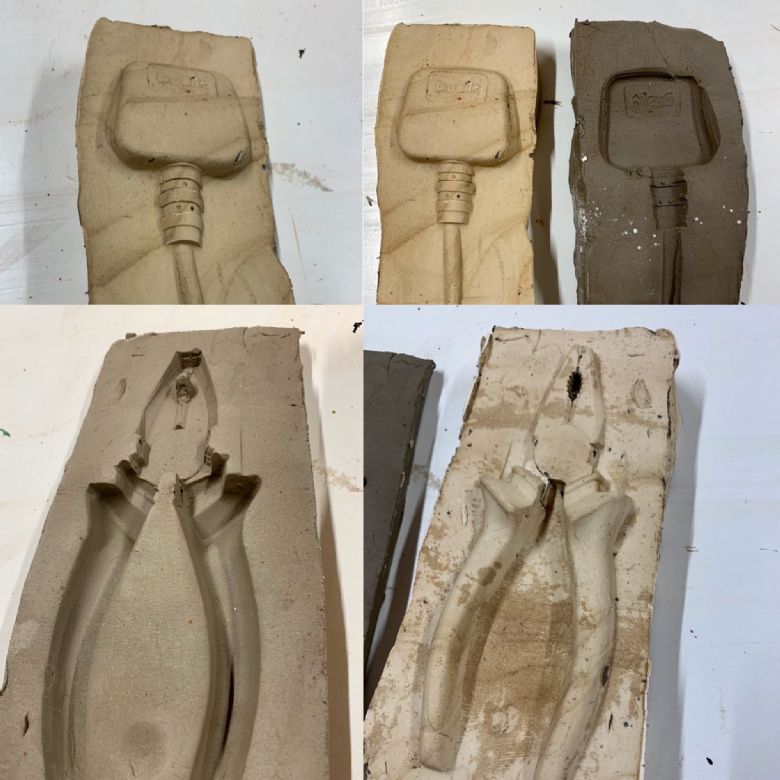
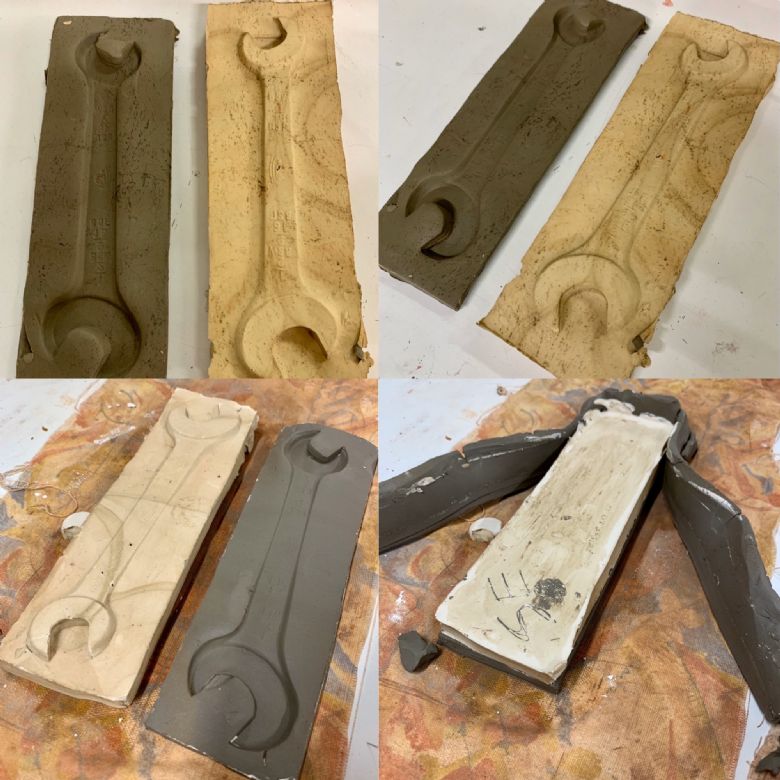
The 3D Design course gives you the opportunity to develop your confidence and technical ability to experiment with materials, techniques and processes, and to appreciate the complexity of the specialism. You will develop a wide range of technical skills throughout KS4, alongside working with others, thinking creatively and developing design ideas through experimentation. This will be developed and presented in a professional portfolio style sketchbook. The assessment objectives you will be looking to cover are your ability to develop ideas through research and investigation, refining ideas and techniques, showing how your work develops by recording what you do and analysing/evaluating it to finally produce a personal end result.
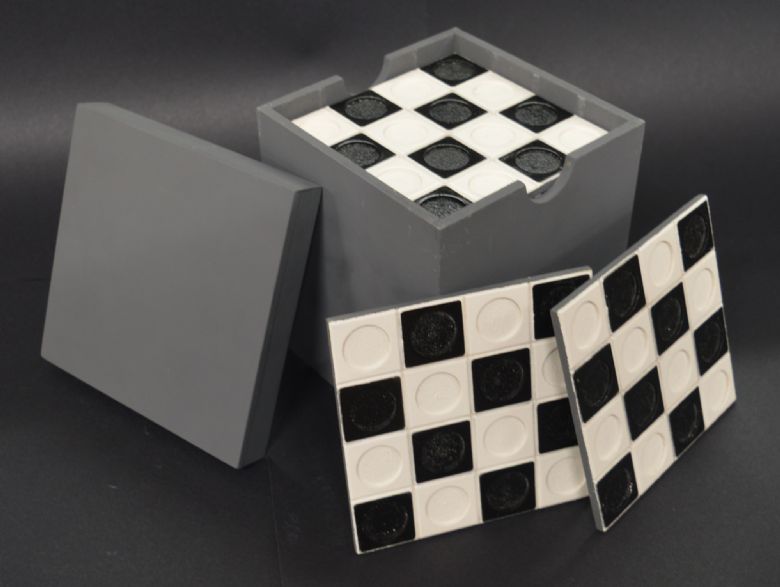
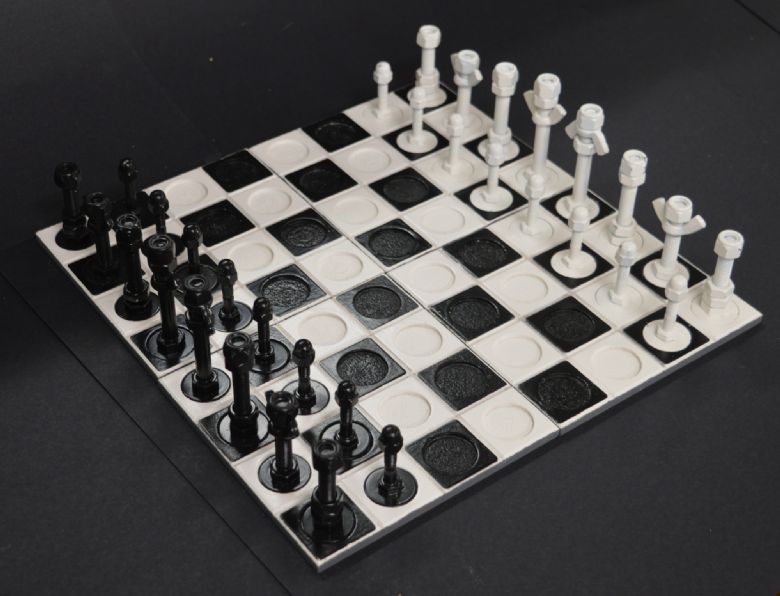
Why choose this course?
3D Design is a course that will offer you creative freedom, technical challenge and develop your ability to be an independent practitioner. Organisation, resilience and using your initiative are vital skills during practical work when producing your final sketchbooks and products. This course can lead onto college and university courses, such as Foundation in Art and Design, interior design, and then onto degree courses.
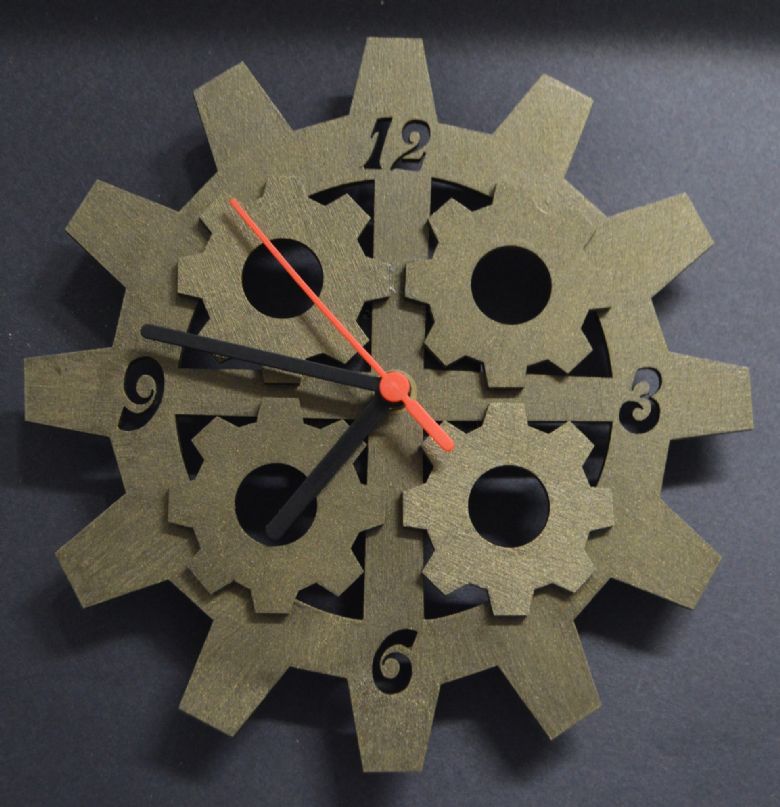
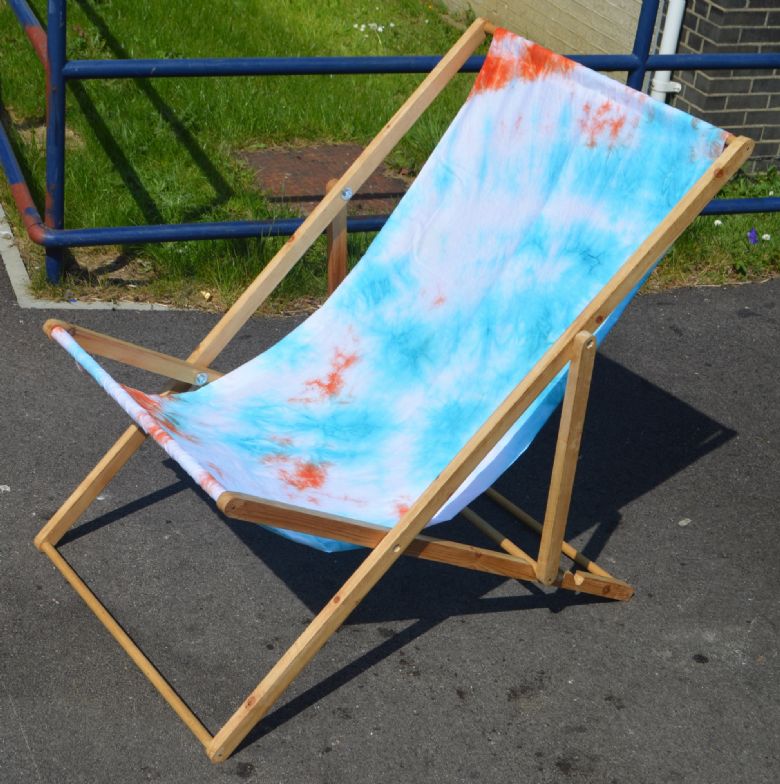
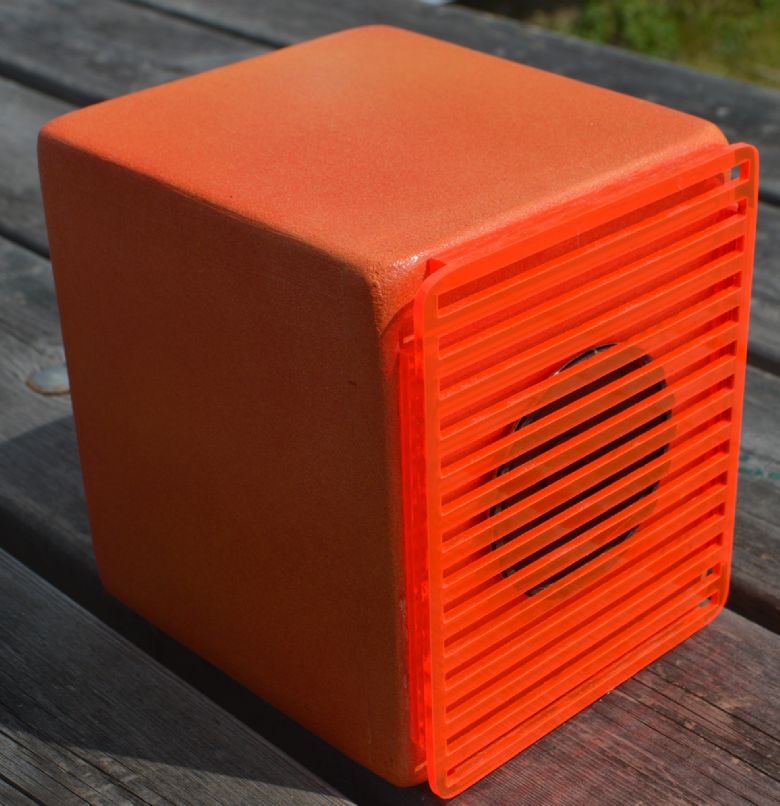
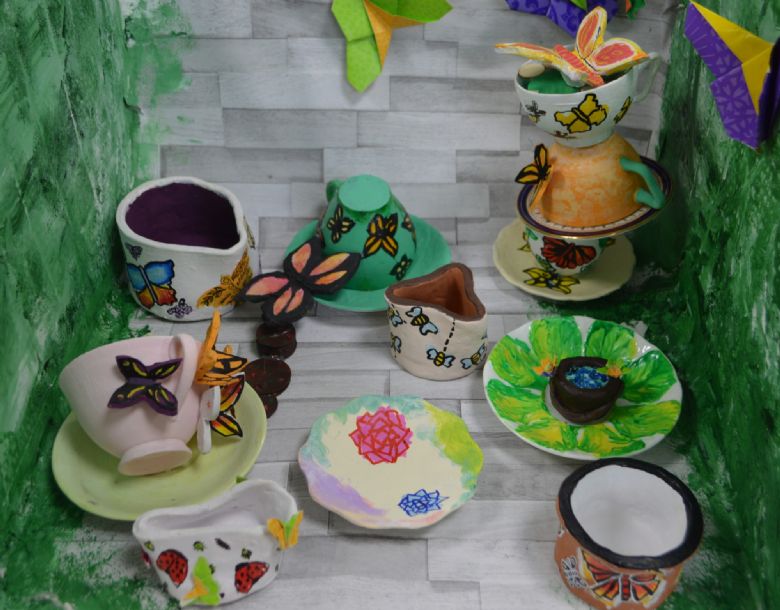
Course content
Component 1: Portfolio
What's assessed
A portfolio that in total shows explicit coverage of the four assessment objectives. It must include a sustained project evidencing the journey from initial engagement to the realisation of intentions and a selection of further work undertaken during the pupil’s course of study.
How it's assessed
No time limit
96 marks
60% of GCSE
Non-exam assessment (NEA) set and marked by the school/college and moderated by AQA during a visit. Moderation will normally take place in June.
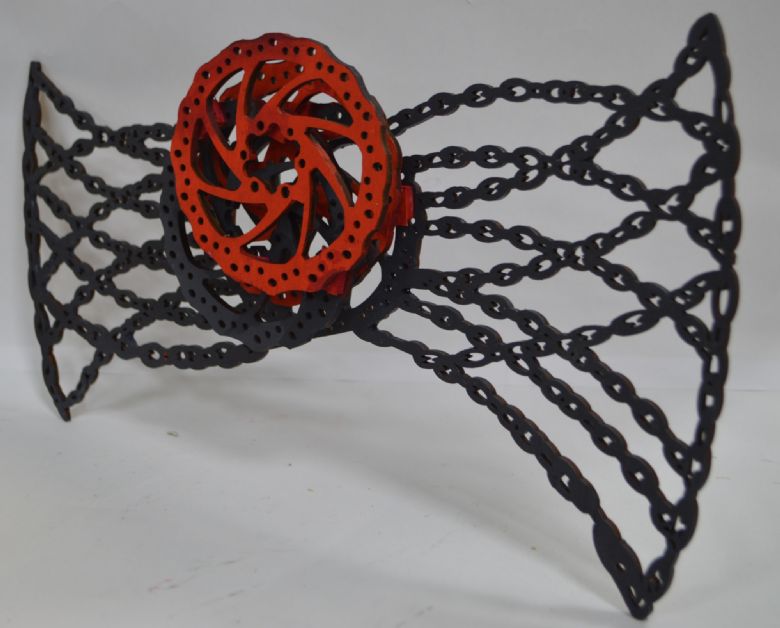
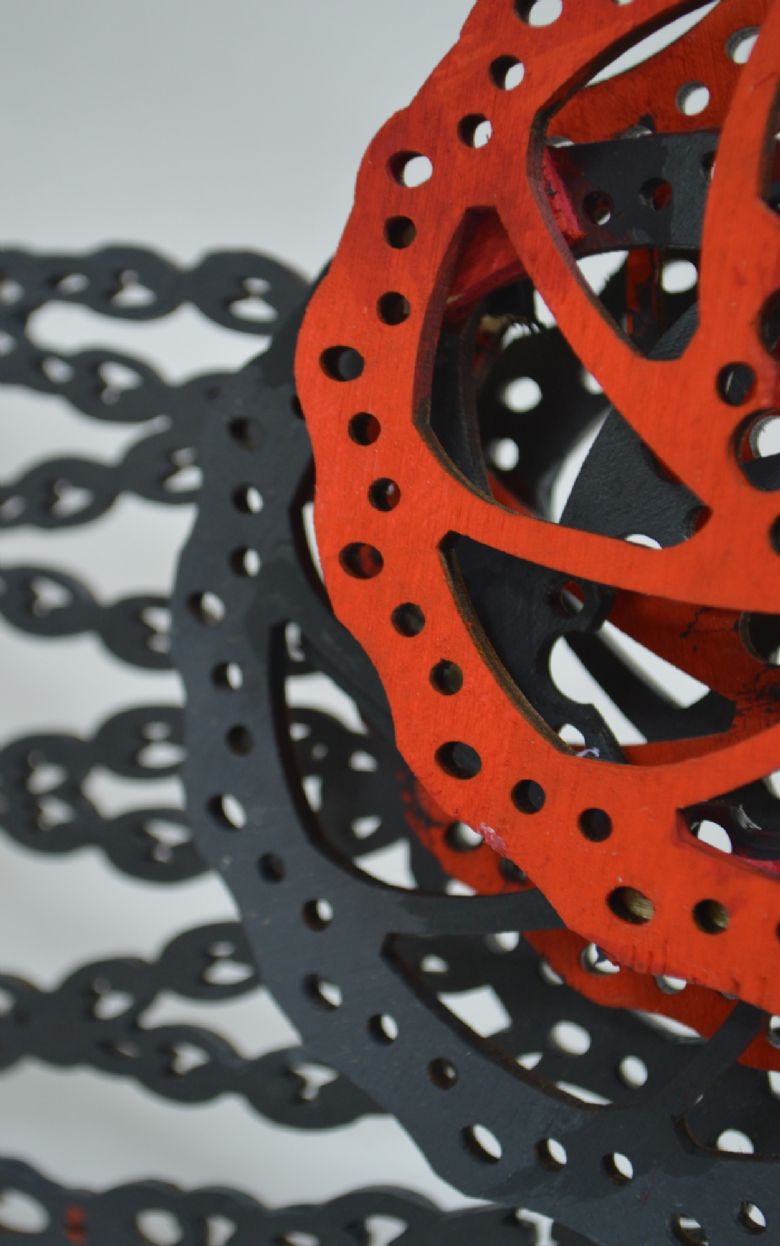
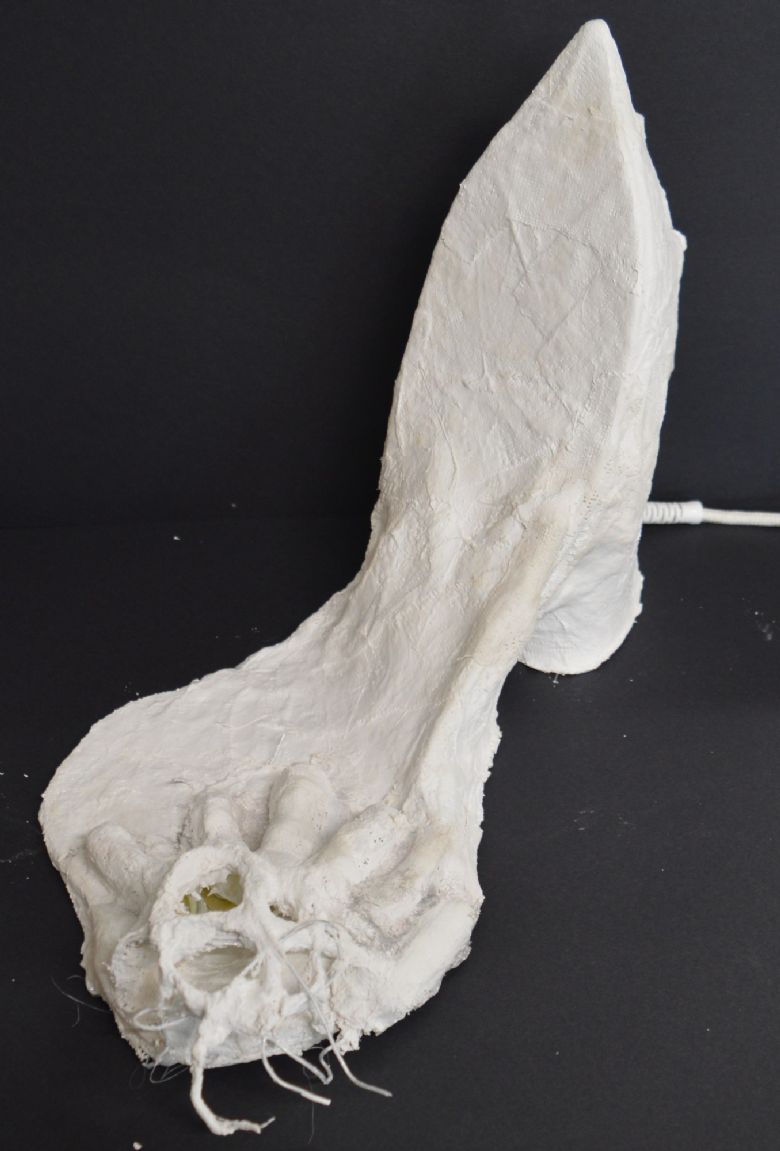
Component 2: Externally set assignment
What's assessed
Pupils respond to their chosen starting point from an externally set assignment paper relating to their subject title, evidencing coverage of all four assessment objectives.
How it's assessed
Preparatory period followed by 10 hours of supervised time
96 marks
40% of GCSE Non-exam assessment (NEA) set by AQA; marked by the school/college and moderated by AQA during a visit. Moderation will normally take place in June
